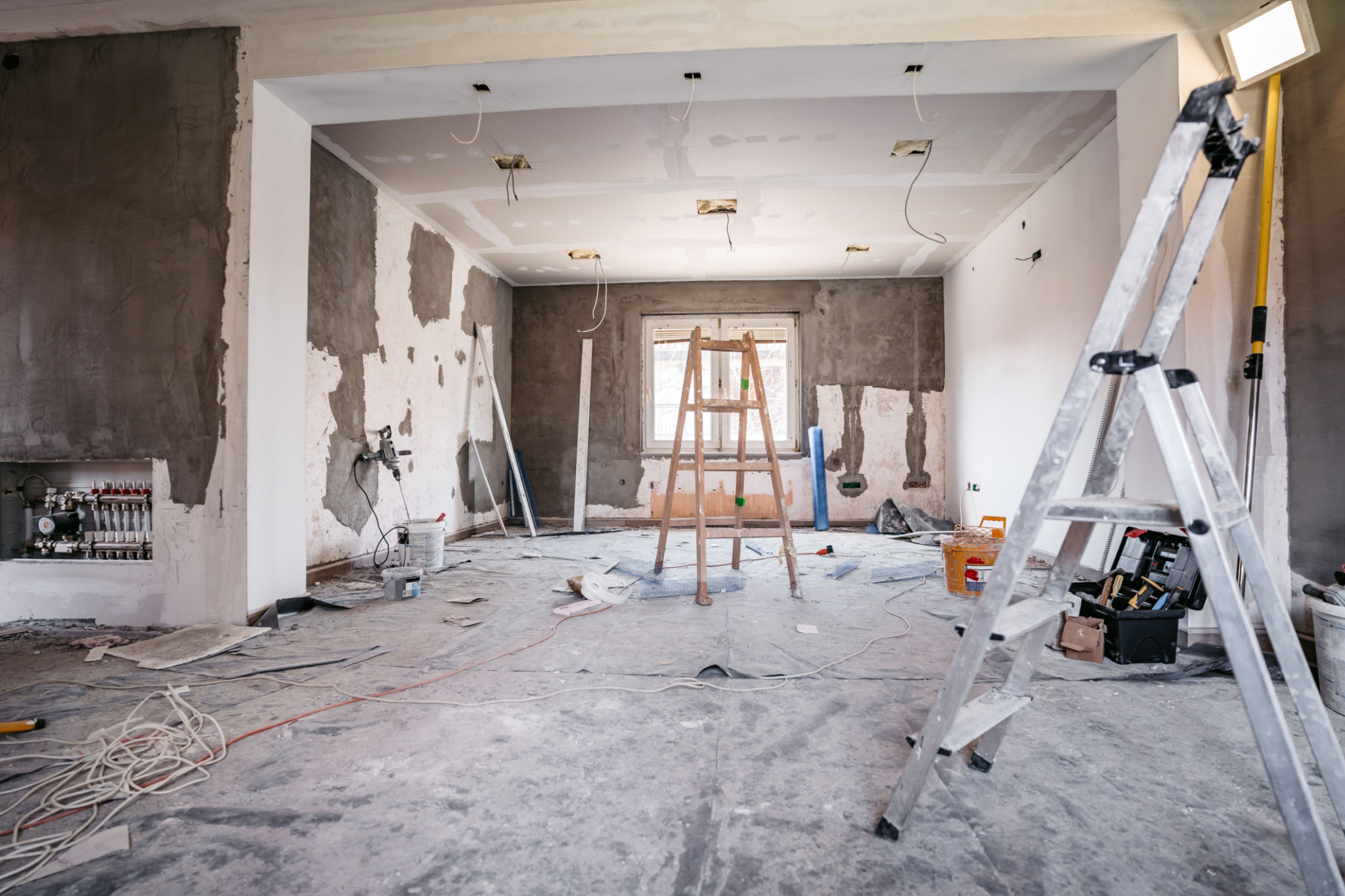A DIY Guide for Homeowners
Understanding the products you work with
Surfaces, such as countertops and floors, offer a sleek and modern look to any home. These surfaces are often made from materials like concrete, resin, or solid surface composites, which provide a uniform appearance. To keep them looking their best, regular maintenance is key, also initially picking the right product. If you know that the floors that you are working with might have to get washed with bleach or other chemicals, regular epoxy ( which in most instances is an ideal product ) might not be your best choice for this project. There's nothing worse than spending a good chunk of money on something and then after realizing that the job will have to get redone. Spend some time on research, that might save you at the end.

What are your goals for the project
This is essential to determine before the work even started, what is the goal. Might sound very silly, but just like renovations for a rental unit vs renovations for a house you plan to live in for the rest of your life, are two completely different scenarios. There are budget friendly options and more expensive ones. Just like a new paint on the walls can esthetically make the space look more appealing, the floor in the garage with oil stains would be less atractive than a freshly coated.
Meanwhile a layer of paint on the floor without much prep work might give a better look, it won't bring up the resell value of the property in case you are just getting ready to sell the house. All of those things you can keep in mind when trying to determine and pick between your "wants" and "needs".
Time=Money
Time , Price, Quality... You can have 2 out of 3 most of the time, it's your pick. If you try to save on the project by doing it yourself, be ready to spend more time on it, because chances are, it's gonna be a little harder than the guy on YouTube made it look. Be aware of hidden costs, prep work takes the longest and if you can paint the room in 30 min or less, you might have to spend hours masking everything off. A lot of tools might have to be involved depending on the type of the project, buying those doesn't make sense if you just plan to use it once or twice, renting equipment usually is popular, but it's not cheap either, plus travel time to supply stores etc. So if you do the project to gain experience it's different ofcourse, but keep all of those things in mind and don't cut corners to save time and money, that rarely gets good results. Also, use proper tools. You can use a flat wrench as a hammer, it might do the trick, but there's nothing like having the right tool for the job.

Have a backup plan
Not everything goes according to our plans at all times. Having plan B ,what if ... the epoxy starts hardening faster because the temperature outside is warmer or a worse scenario, the product doesn't cure, now the only option is to remove everything or parts of whatever was already applied...there's many things that could go wrong, don't panic if that happens. It's nice to have someone to consult with in emergency situations. If you just bought your epoxy kit from Home Depot, there's a slim chance that their staff would be able to help you with a good advice in situations like this, so something that specialized stores are much better with is their guidance and knowing of their own product and the way to handle it.

Don't critique your final result
Doing something with your own hands always gives a certain feeling of acomplishment and satisfaction. As long as the job is done safe. A lot of times we wish some details were done differently after the fact... Oh I should have done this or that... Hey, there's always next time and most of the things we think that are not looking pretty, others won't even notice. You just know it's there because you did it. Now it's time to pat yourself on the back, good job! Don't overthink and enjoy what you have acomplished, take before and after pictures, show it off to your friends and family, but don't get upset if there is not too many likes, others are already busy trying to copy what you've done 😉
DIY vs. Professional Help
While many maintenance tasks can be handled yourself, some situations call for professional expertise. If you notice significant damage or feel unsure about making the repair correctly, it's best to consult a professional to avoid costly mistakes or safety risks. Always prioritize safety by using the proper Personal Protective Equipment (P.P.E.). When deciding between DIY and professional help for your renovation project, consider the balance of cost, time, and quality. DIY can be a rewarding and budget-friendly option for those with the right tools, time, and skill—especially for small-scale tasks. However, for more complex or high-stakes projects, professional help ensures a durable, high-quality finish that stands the test of time.
